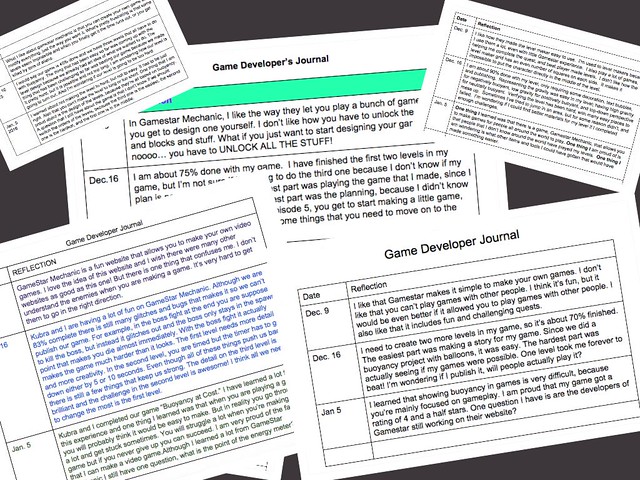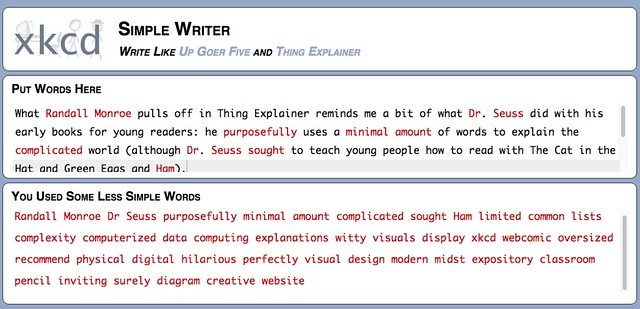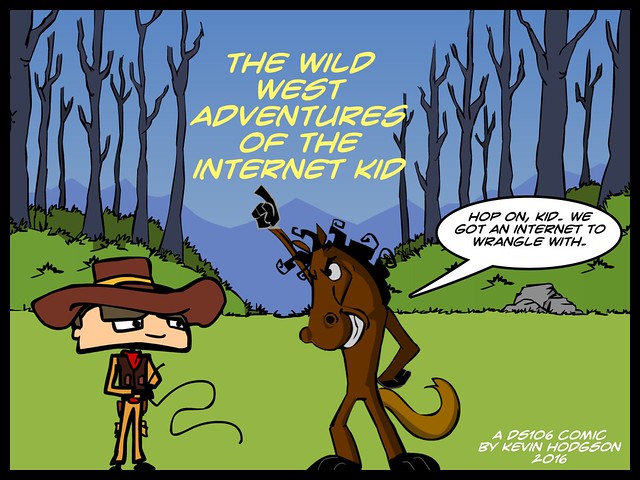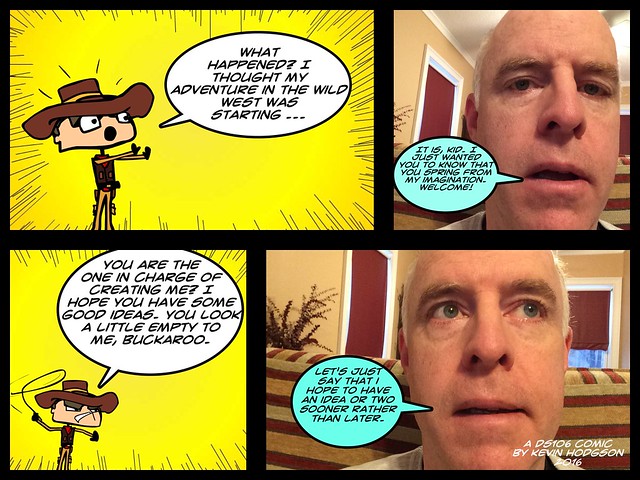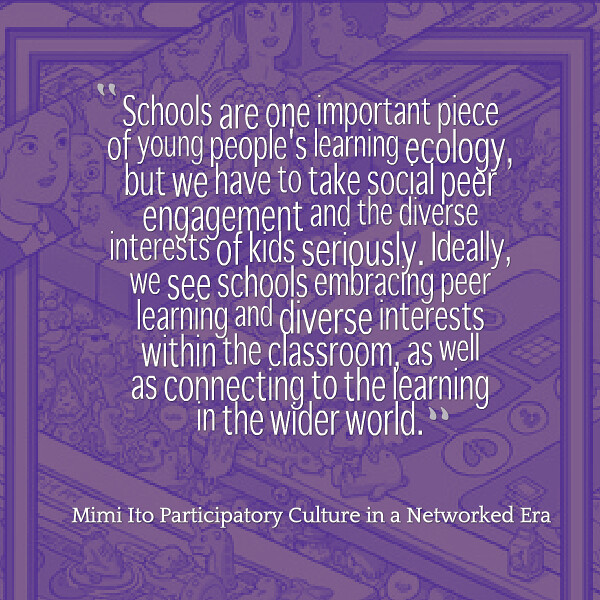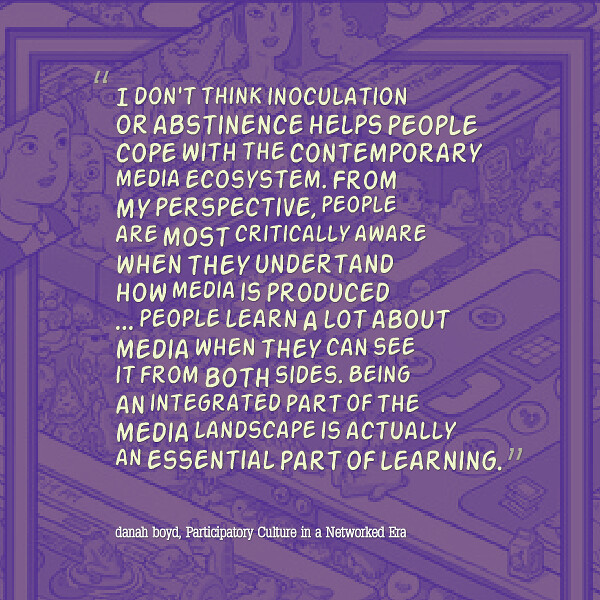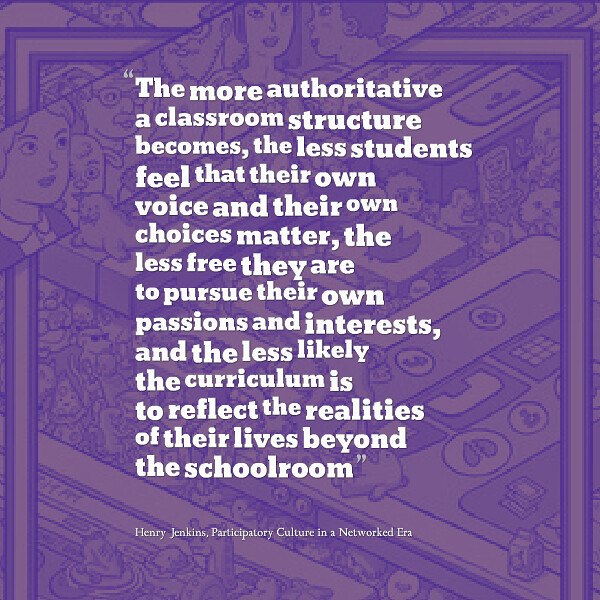(This is a Slice of Life post, part of a weekly writing adventure with Two Writing Teachers. Come write, too.)
I’m not losing my memory, but I do find the quickening flow of information and all of my making of media creates this underlying sense of anxiety about remembering. About curating the conversations and the creating so that I may learn from what has been done (and maybe do better next time). Remembering “the here and the now” before “what comes next” comes next.
So, my own little word for 2016 is “Remember.”
Remember the little things of life.
Remember the larger things of life.
Remember the context of all those things as they play out.
Remember to connect, offline as much as online.
Remember to write to reflect.
Remember to put each day in its proper perspective.
Remember that for some young people, you are the anchor point in their lives.
Remember that each act has potential to change the world.
Remember …
Last year, for 2015, my one little word was “pause” and a gif that I created for that word sat on my desktop all year long. I did, in fact, pause as I saw the word each morning, but maybe never quite long enough. Still, I remembered the pause because I left a sign-post for myself.
I am not retiring “pause” — merely, adding it to my daily thoughts, and maybe adding it into this year’s word, too. Pause to remember. I need a “one little phrase” more than “one little word,” perhaps.

And a poem:
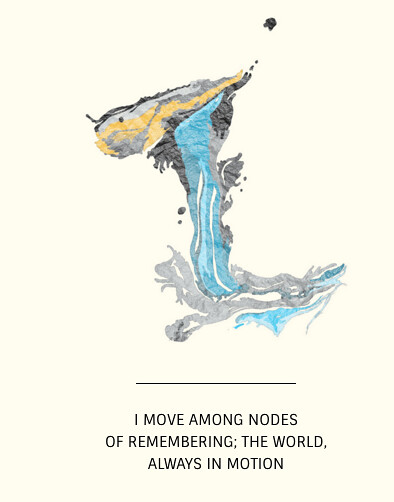
Peace (in the memory banks),
Kevin
